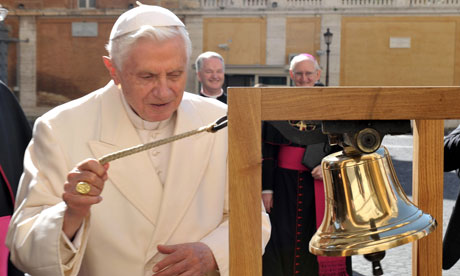 |
| A Slim King Pasenadi Thanks the Buddha |
King Pasenadi of Kosala was very fat. He waddled around his
kingdom, belly swollen, feet sore, and short of breath. One day, after eating a whole bucket of rich food, he found
the Buddha and sat beside him panting.
The Buddha commented "When you stay mindful you will know
how much you have eaten and what is enough. Then all your afflictions
will become slender and you will age gently and protect your life."
Fortunately, a brahmin youth from the king's retinue was nearby.
Pasenadi instructed him to memorize the Buddha's comment and recite it whenever
the King was about to eat.
As soon as Pasenadi learned to pay attention to his food -- to
savor it and become aware of tasting and chewing and swallowing -- he was able
to delight in a single cup of rice.
In time Pasenadi became slim and strong, and as he sat stroking
his slender limbs, he said "The Buddha has shown me compassion twice: for
my welfare now and for my welfare in the future."
For lots more on the Buddhist Diet, click here
For lots more on the Buddhist Diet, click here



















